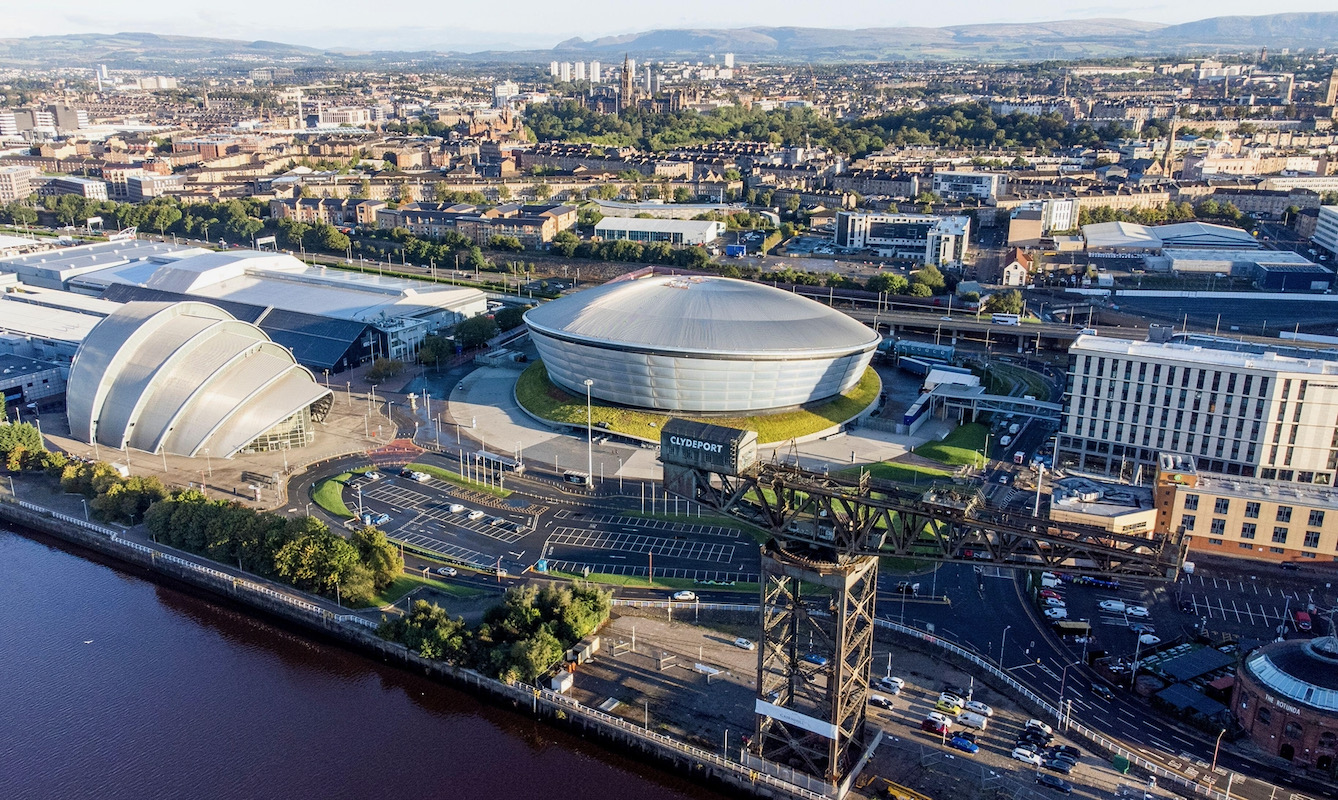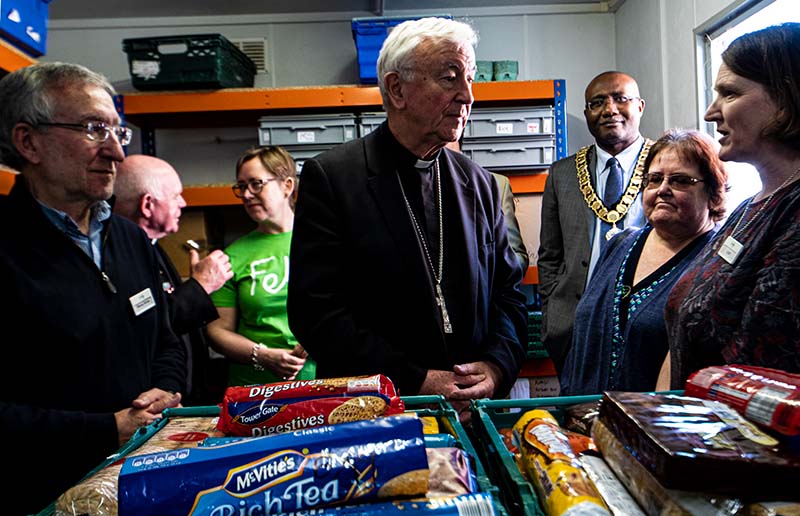Caritas Westminster is among more than 1100 church leaders and organisations protesting to Prime Minister Boris Johnson about plans to cut Universal Credit.
In a letter, coordinated by Church Action on Poverty and Christians Against Poverty and signed by John Coleby, director of Caritas Westminster and Fr Dominic Robinson SJ, chair of the Westminster Diocese Justice and Peace Commission, among others, the church leaders are heavily critical of the proposal, which will see Universal Credit payments cut by £20 a week. The cuts will impact at least six million families, removing support that the church leaders describe as a “vital lifeline”.
The letter reads: “We stand together as church leaders from across the UK to urge you to think again about cutting universal credit payments by £20 a week from the start of October.”
The church leaders describe the planned cuts as “the single biggest overnight reduction in the basic rate of social security since the welfare state was established in the 1940s”.
The cut amounts to a loss of £1,040 which the letter describes as a move that will “compound inequalities” and be “devastating for many families”.
The letter urges Boris Johnson to prioritise the welfare of the vulnerable and those on low incomes. “Instead, we can make sure our social security system brings stability and opens up options and opportunities for people whose income is too low to make ends meet.”
Caritas Westminster warned of increased demand on food banks if the Government cuts Universal Credit. Emergency food relief projects in the Diocese of Westminster have shared their concerns about the cut with Caritas Westminster.
One volunteer from a North London parish food bank said: “We have been supporting hundreds of people weekly throughout the pandemic and now that we are emerging from it we do need to give people a chance to get their lives back on track and not plunge them into further debt … The effect of cutting universal credit at a time where people are trying to get out of poverty is extremely damaging and will have a knock on effect on the ability for individuals and families to get through the autumn and winter months.”
At this food bank volunteers have seen huge increases in demand over the last 18 months. A recent survey of a 100 of their clients found just one person in 100 was not in receipt of Universal Credit, legacy benefits or state pension. Even before the cut comes in, these clients are unable to get by on the state support they receive and have to turn to food banks for emergency help. The cut will only push them further into poverty and insecurity.
Unfortunately, this is not an isolated case, said Caritas Westminster. Across the Diocese of Westminster, Caritas Westminster has seen high levels of food insecurity and parish and school food relief projects working hard to ensure no one goes hungry. Between April – June 2021 more than 50,000 meals and food parcels were distributed by just 35 parishes and schools. Already, 43 per cent of these food relief projects are reporting low income as one of the top issues affecting those they serve. A further reduction in income will only serve to make this need worse.
“As the cut comes closer we face the perfect storm with the furlough scheme ending, energy prices rising, a shortage of hauliers affecting our food supply, and an upcoming increase to National Insurance. The Joseph Rowntree Foundation predicts that with the cut to Universal Credit and the rising cost of living the average low income family will soon be £1,750 worse off a year.”
Another volunteer running a parish food bank in London said: “What has been more worrying in the last few weeks, is that we have seen a 30% increase in demand for food, with more of our clients losing their jobs, as furlough comes to an end. The withdrawal of the £20 universal credit payment next month will have a dramatic impact on the families that we serve and I worry we will see yet another spike in the demand for food in the coming weeks.”
Anglican Bishop of Selby Dr John Thomson said: “I signed this letter because the proposed cut comes at a time when the future of the pandemic remains uncertain and at the very point when the furlough scheme ends.”
Niall Cooper, director of Church Action on Poverty, said: “The breadth and support for this letter reflects the wider public’s desire for a just and compassionate economy. We need to redesign the social security system so it brings stability and opens up opportunities, rather than sweeping families into deeper poverty.”
There has been increasing opposition to the cut. Footballer Marcus Rashford, who spearheaded a campaign to get the government to continue the free school meal scheme during lockdown, tweeted: “End of furlough looming, loss of employment, physical and mental illness, personal loss...the impact of Covid-19 is still being felt across much of the country. Now is not the time to remove vital relief packages which to many are a lifeline.”
Earlier this month, the Catholic Social Aid Network was among those to sign another letter coordinated by the Joseph Rowntree foundation, which said: “This is not a question of having to choose between a recovery based on getting people into jobs or investing in social security, in fact most families impacted by this cut to Universal Credit and Working Tax Credit are already in work.”
Use the Caritas Westminster template letter to contact your MP about the cut in Universal Credit.



 Loading ...
Loading ...